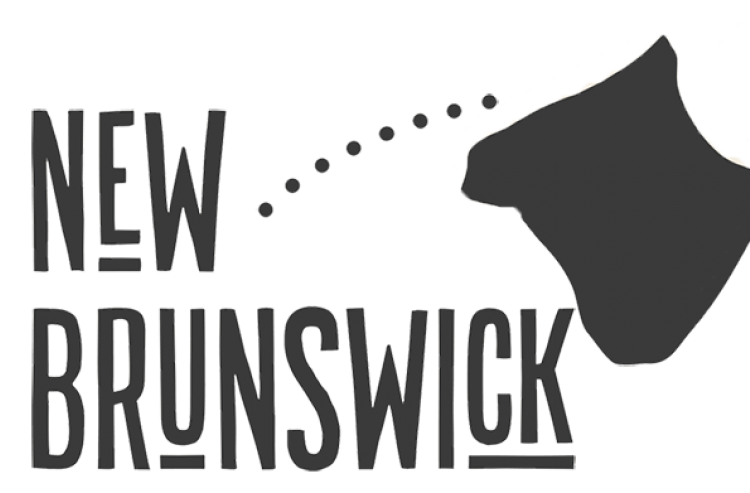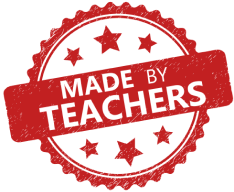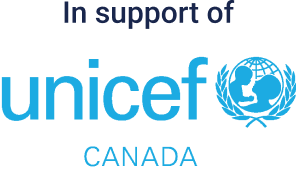New Brunswick Grade 7

CLICK HERE FOR CURRICULUM CONNECTIONS, LESSONS AND SUPPORT RESOURCES.
Made by a Grade 7 teacher in New Brunswick.
Kids Boost Immunity (KBI) provides educational content (lessons and support materials) developed by teachers and where needed, health experts, that is directly linked to curriculum and is available completely for free. Each lesson is paired with an online quiz that students can take on a laptop, tablet, or phone. Every time a student scores 80% or higher on a quiz, we donate life-saving vaccines to UNICEF Canada. To learn more about KBI, click here.
Click on the overarching curriculum themes below to see the curriculum outcomes that match KBI educational content. The full Grade 7 New Brunswick Curriculum Connections document is here.
- ELA
-
Curricular outcomes:
ELA Reading & Viewing
- SCO5- Students will be expected to interpret, select, and combine information, using a variety of strategies, resources, and technologies.
- use research strategies such as issue mapping and webbing to guide research
- become increasingly aware of and use periodically the many print and non-print avenues and sources (Internet, documentaries, interviews) through which information can be accessed and selected
- SCO7- Students will be expected to respond critically to a range of texts, applying their understanding of language, form, and genre. understanding of language, form, and genre.
- recognize that print and media texts can be biased and become aware of some of the ways that information is organized and structured to suit a particular point of view
- recognize that print and media texts are constructed for particular readers and purposes; begin to identify the textual elements used by authors
- develop an ability to respond critically to various texts in a variety of ways such as identifying, describing, and discussing the form, structure, and content of texts and how they might contribute to meaning construction and understanding
- recognize that personal knowledge, ideas, values, perceptions, and points of view influence how writers create texts
- become aware of how and when personal background influences meaning construction, understanding, and textual response
- recognize that there are values inherent in a text, and begin to identify those values
- explore how various cultures and realities are portrayed in media texts
Applicable KBI lessons:
1. Critical Thinking & Evaluating Information
- Literacy builder worksheet/answer guide
- Lesson worksheet/answers
- Video worksheet/answers
- Inquiry activities/answer guides
- Numeracy activity/answers
2. Navigating the World of Online (Mis)Information
- Literacy builder worksheet/answer guide
- Inquiry activities
- SCO5- Students will be expected to interpret, select, and combine information, using a variety of strategies, resources, and technologies.
- Science
-
Curricular outcomes:
Science- Weather Systems & Climate Core Concepts (WS&C)
- Earth systems: biosphere, atmosphere, hydrosphere, and geosphere
- Definitions: Weather, climate, global warming
Science- Learning & Living Sustainably
- SCO2.1- Students will consider factors that support responsible application of scientific and technological knowledge and demonstrate an understanding of sustainable practices.
- Describe the causes and effects of climate change.
- Apply systems thinking to understanding of ecosystem interdependence.
- Understand the need for more responsible consumption and production patterns.
- Develop solutions to community issues and challenges concerned with resource use and waste management.
Science- Sustainability Core Concepts (S)
- Climate science basics e.g., greenhouse gas effects, carbon cycle and physical impacts – sea level rise and severe weather; Climate resilience e.g., Adaptation and mitigation strategies
- Global climate systems: Definitions e.g., global warming, greenhouse effect, climate change; local and global impacts e.g., economic, societal, and environmental concepts and connection to human lives and threats to biodiversity
Applicable KBI lessons:
1. Environment & Climate Change
- Literacy builder worksheet/answer guide
- Lesson worksheet/answers
- Video worksheet/answers
- Inquiry activities/answer guides
- Numeracy activity/answers
- Social Studies
-
Curricular outcomes:
Social Studies-Introduction
- 7.1.1 Explore the general concept of empowerment
- define power and authority and explain how each influences their own lives
- identify and categorize sources of power and authority
- identify groups that are empowered and disempowered in our society (local, national, and global)
- 7.2.2 Investigate the various ways economic systems empower or disempower people
- explain that people have basic needs that must be met
- analyze the role that money plays in meeting basic needs
- explain how capital is empowering
- investigate and report on the challenges of the poverty cycle
Applicable KBI lessons:
1. Global Inequality
- Literacy builder worksheet/answer guide
- Lesson worksheet/answers
- Video worksheet/answers
- 7.1.1 Explore the general concept of empowerment
Curriculum-Related Themes Throughout the Year
- Reflecting on hardships and courage during WWII (November)
-
Applicable KBI lessons:
1. Remembrance Day / Veterans Day / Armistice Day
- Building leadership skills to help others (December)
-
Applicable KBI lessons:
1. Winter Break - A Time to Reflect on Making a Difference
- Inquiry/creative activities
- Highlighting some key inspirational leaders during Black History Month as well as some experiences of refugees from different parts of the world (February)
-
Applicable KBI lessons:
1. Black History Month
2. Refugee Experiences
- Lesson worksheet/answers
- Inquiry activities
- Celebrating inspiring women in STEM (March)
-
Applicable KBI lessons:
1. International Women's Day - Celebrating Inspiring Women in STEM
- Literacy builder worksheets/answer guides
- Inquiry activities
- Understanding communicable diseases and how they are spread, and learning about immunization. Suggested during flu season, immunization awareness week, and school vaccinations (if applicable)
-
Applicable KBI lessons:
1. Immunization Awareness Week
2. The Spread of Infectious Diseases
3. Scientific Curiosity and Vaccine Discoveries
- Literacy builder worksheets/answer guides
- Inquiry activities
- Indigenous History on Turtle Island - pre-contact, contact, treaties, colonialism, The Indian Act (June)
-
Applicable KBI lessons:
1. Life on Turtle Island
- Literacy builder worksheet/answer guide
- Lesson worksheet/answers




